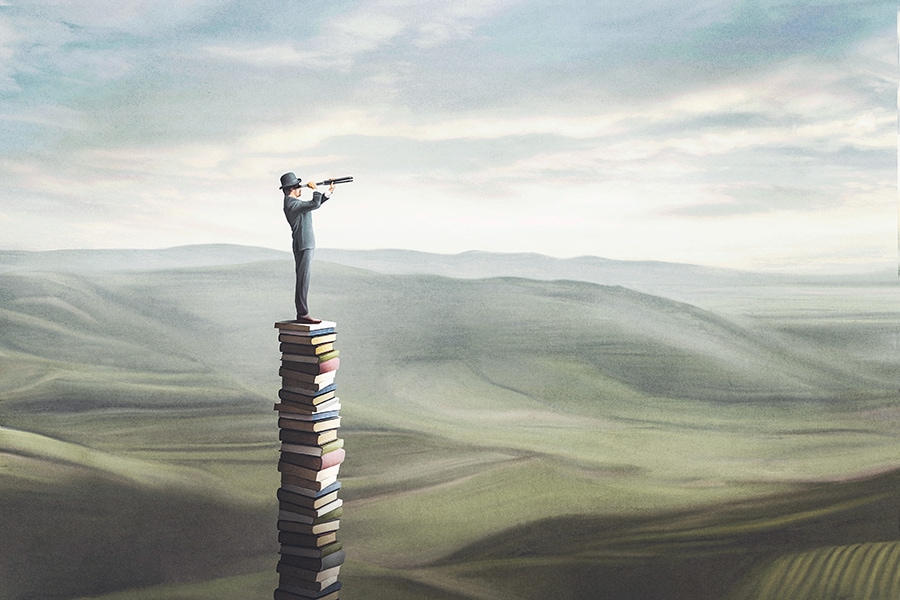
A caged university cannot sing: On freedom in academics and research
Universities nurture our youth and need to be free open spaces that encourage critical thinking. Intimidation and other kinds of pressure on the academic community does not augur well for our democracy
 Image: Shutterstock
Image: Shutterstock
Research involves the ability to think freely – essential to this process are any ‘freedoms’. Freedom to interrogate the established body of knowledge, freedom to choose a line of enquiry, freedom to critique, freedom to be non-conformist and yet not be alienated from society, freedom to collaborate… and so on. I have but enumerated a few freedoms; surely there are other ‘freedoms’.
But these, to my mind, are the most critical aspects of research and thus, most feared by political establishments. Research of this nature can only take place within the space of a university – a space, where ideally, inquisitiveness, and non-conformism could be a badge of honour.
Another reason why universities are crucial in fostering research is that they are crucibles of the future. Young minds are shaped through open dialogues, rigorous scholarship, and exposure to wide ranging thought and perspectives. Universities offer a space to be imaginative and bold before being the mind is claimed by adulthood and its attendant responsibilities and fears. Such a space is, of course, anathema to most, if not all political establishments.
Authoritarian regimes are beautifully captured by George Orwell in his dystopian and eerily prescient ‘1984’. To control the mind, one needs a single narrative. Thus, the university, where multiple narratives are the norm, feels the dark shadow of the state looming over them all too often. I will draw upon examples from the Indian context to illustrate how many freedoms are being compromised – all of which explicitly or implicitly strangle free thinking, and the development of critical thinking challenging power structures that are needed in any democracy.
[This article has been published with permission from IIM Bangalore. www.iimb.ac.in Views expressed are personal.]







